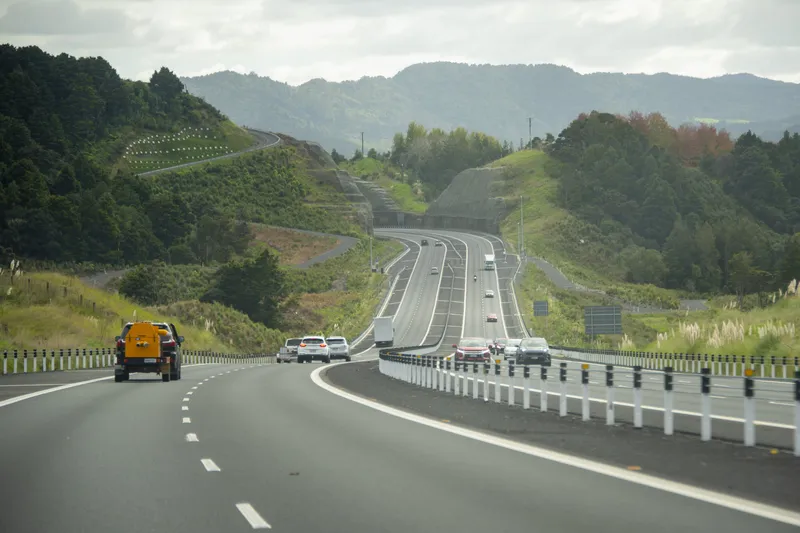Despite support from the Justice Project South Africa (JPSA) and the Opposition to Urban Tolling Alliance (OUTA), Gauteng’s e-tolls will not be replaced with a fuel levy after the country’s other eight provinces overwhelmingly rejected this idea, saying they will not be made to pay for excellent roads when theirs are poorly maintained.
The provinces also rejected a proposal that the national government should take over the funding of improvements to Gauteng highways.
Instead of the current user-pay p
September 23, 2014
Read time: 2 mins
Despite support from the Justice Project South Africa (JPSA) and the Opposition to Urban Tolling Alliance (OUTA), Gauteng’s e-tolls will not be replaced with a fuel levy after the country’s other eight provinces overwhelmingly rejected this idea, saying they will not be made to pay for excellent roads when theirs are poorly maintained.
The provinces also rejected a proposal that the national government should take over the funding of improvements to Gauteng highways.
Instead of the current user-pay principle, the proposal calls for the money that the Treasury ring-fences for the improvement of all national roads to be used to help settle the massive US$1.8 billion debt incurred as a result of the upgrading of Gauteng’s highways.
“We cannot be funders of the beautiful roads in Gauteng when our roads are in a poor state,” Free State transport MEC Butana Komphela said.
JPSA’s Howard Dembovsky says there are other ways to pay for the roads and declares: “We have made a number of recommendations and of course we cannot ignore the elephant in the room which is the fuel levy. We have provided sustentative proof that there is no such thing as not being able to ring-fence the fuel levy.”
Civil body OUTA wants an increase of nine cents in the fuel levy considered as an alternative to e-tolling. A panel which is made up of industry experts is hearing public submissions into the feasibility of the controversial Gauteng tolling system.
OUTA spokesman Wayne Duvenage says the tolls US$135 million behind after nine months of operations and it is getting worse every day. “We have advocated that if you add nine cents to the fuel levy, you will raise the US$171 million that you need every year to pay back the bonds and interest and the administration cost is zero.”
The provinces also rejected a proposal that the national government should take over the funding of improvements to Gauteng highways.
Instead of the current user-pay principle, the proposal calls for the money that the Treasury ring-fences for the improvement of all national roads to be used to help settle the massive US$1.8 billion debt incurred as a result of the upgrading of Gauteng’s highways.
“We cannot be funders of the beautiful roads in Gauteng when our roads are in a poor state,” Free State transport MEC Butana Komphela said.
JPSA’s Howard Dembovsky says there are other ways to pay for the roads and declares: “We have made a number of recommendations and of course we cannot ignore the elephant in the room which is the fuel levy. We have provided sustentative proof that there is no such thing as not being able to ring-fence the fuel levy.”
Civil body OUTA wants an increase of nine cents in the fuel levy considered as an alternative to e-tolling. A panel which is made up of industry experts is hearing public submissions into the feasibility of the controversial Gauteng tolling system.
OUTA spokesman Wayne Duvenage says the tolls US$135 million behind after nine months of operations and it is getting worse every day. “We have advocated that if you add nine cents to the fuel levy, you will raise the US$171 million that you need every year to pay back the bonds and interest and the administration cost is zero.”







